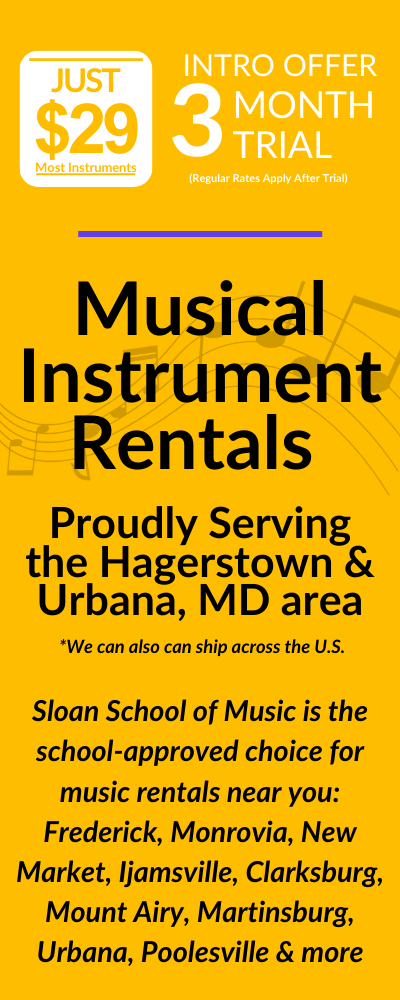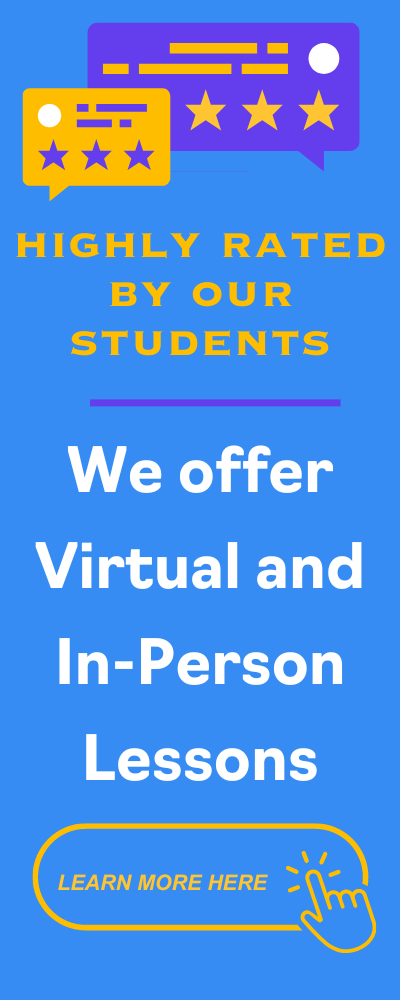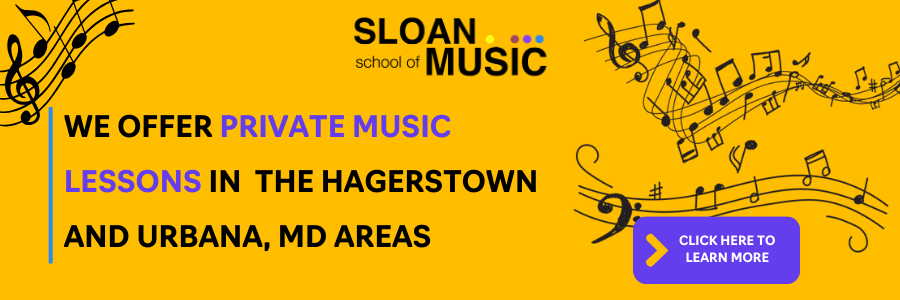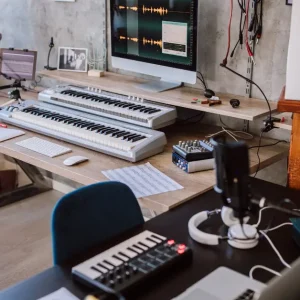Piano or Keyboard?
Choosing between piano or keyboard lessons is not always easy to do. Parents wanting their children to learn the piano often don’t know the differences between piano and keyboard lessons. There are significant benefits to piano lessons over keyboard lessons, regardless of whether the child is learning on an electronic keyboard or a full-size piano.
- The term “piano lessons” refers not to the instrument they’re given on, but to the style of play. Professional piano lessons will teach the student to play with both hands at once, where the left hand plays bass clef (which is chords) and the right hand plays treble clef (which is the melody).
- The term “keyboard lessons” refers to teaching the student block chords or one-finger chords. This results in the student not learning to read music correctly, and in playing the left-hand notes improperly and not at the same time as the right hand (playing melody).
A qualified music teacher can teach professional piano lessons on either a keyboard or a piano. Understanding the basic differences when choosing to learn keyboard vs piano is essential. This guide shows the differences between both types and why piano lessons are best, but this does not mean a student cannot start their musical journey on a good-quality electronic keyboard.
The Top 4 Reasons to Choose Piano Lessons

Pianos (and digital keyboards) are two-handed instruments. Professional piano lessons are always a better choice, then, because they approach the lessons that way from the get-go, teaching the student to play with both hands simultaneously.
1. Be a Better Player
Piano-style lessons ultimately make you a better player, whether you’re taking them on a full-size piano or an electronic keyboard.
2. Learn to Read Music
Piano lessons teach students to read music correctly (across two clefs) and develop the skill of playing with both hands simultaneously. Students learn to play one-, two- and three-finger chords.
3. Learn Better Technique
Piano lessons teach students more tone production, based on how their fingers strike the keys or use the sustain pedal, and students learn to sit correctly at the piano.
4. Learn Music Theory
Piano lessons include more music theory than keyboard lessons.
Those are some nice benefits that should steer you toward piano lessons to start. Some more detail about keyboard lessons should also help you make the right decision.
Here are Some Other Reasons Piano Lessons are Better
- Piano lessons give you the opportunity to learn from a trained professional.
- You can receive personalized instruction tailored to your skill level and desired goals with piano lessons.
- Piano lessons are conducted in an environment specifically designed for learning music theory and technique.
- With piano lessons, you can listen to how your playing should sound and strive for that type of expression in your own playing.
- Piano keys have a wider range of output, allowing for more expressive performances than keyboards offer.
- Playing the piano provides more tactile feedback than keyboarding, increasing the connection between player and instrument.
- Improve reading skills by following sheet music while playing the piano rather than relying on digital aides or tabs like with keyboarding tutorial books
- Learning the piano will help players become familiar with multiple musical genres, making them better equipped when they sit down at their own instrument later on in life
- Piano lessons offer more precision and control due to the requirements of exact finger placement over less exact button pressing with keyboards
- Finally, there is simply nothing quite like sitting down at a beautiful acoustic instrument and hearing its gorgeous sound!
4 Main Pitfalls of Keyboard Lessons
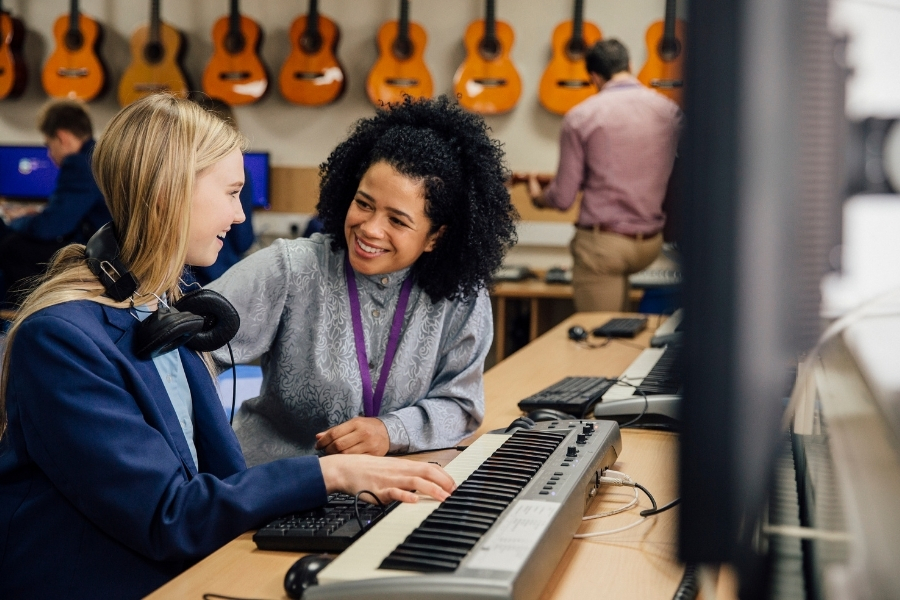
There is an argument that keyboard lessons offer greater flexibility because use the technology built into the instrument, which allows the student to experiment with many fun sounds. The problem with keyboard lessons, in general, is that they offer a lower quality of musical instruction.
The Main Pitfalls of Learning Keyboard
1. Only Learning One-Finger-Chords
Keyboard lessons typically focus on learning to read right-hand melody notes while playing a single chord with the left hand. Because the student is not reading the notes to be played (simultaneously), they may fail to play the notes in harmony, resulting in a jarring sound that isn’t encouraging to any student.
2. A Limited Repertoire
Keyboard lessons only teach a limited repertoire of mostly popular music, with no real music theory behind the instruction. Students may miss out on classical music, which is usually more intricate and difficult to play, and thus challenges the player.
3. Not Learning How to Use Sustain Pedal or Tone Production
Keyboard lessons typically don’t focus on teaching students how to use the sustain pedal. (Pianos have two to three pedals, and the sustain pedal is the one on the far right). Proper piano lessons teach students how much pressure to apply to the sustain pedal, what the effect will be, and how this affects tone production. Keyboard lessons don’t teach any of this.
4. The Technology May Be Distracting
Students having keyboard lessons (particularly younger children) may become easily distracted by all the bells and whistles on the electronic keyboard, as well as by the type of popular and fun music they are learning to play.
Basic keyboard lessons will only teach students a limited repertoire of popular music without any solid music theory behind the instruction. You may wonder, then, whether professional piano lessons can be taken effectively on an electronic keyboard. Yes they can.
Keyboards Are Perfect Instruments for Beginners
Many parents keen for their children to learn piano wonder whether they should start their child out learning piano on a good-quality electronic keyboard or digital piano. Here are a few things to keep in mind:
- One benefit of these instruments is size: Younger children may find it easier to start on a smaller, more portable electronic keyboard.
- Instructors can successfully teach piano lessons on even a smaller 61-key electronic keyboard, as long as they follow fundamental music theory and teaching principles.
- A smaller, more portable instrument can seem easier to manage for smaller fingers and will still translate to the musical experience of playing a full-size piano.
- Keyboards offer a wide range of sounds and tones, making them great for musical exploration.
- Keyboards take up less space than a piano, making them ideal for small homes or apartments.
- With a variety of features like recorders and sequencers, keyboards can become a powerful tool in no time – perfect for those who want to progress quickly!
- Keyboards are cheaper than pianos, making them an affordable choice for beginner musicians.
- There are often many different types and brands of keyboards available, giving you more options when choosing the right one for you.
- Keyboards are versatile enough to allow experimentation with various genres and styles of music.
- Digital keyboards often come with built-in tutorials and lessons to help users learn the basics quickly and easily.
- You can use headphones while playing your keyboard, so as not to disturb anyone else in the house or area around you.
- Keyboards often come with MIDI capabilities that make it easier to create complex music compositions without needing extra equipment or software programs.
Parents who are excited to see their child improve might want to jump in and buy a full-sized piano, and that’s fine too. The learning fundamentals are the same regardless of the instrument you choose. We love teaching piano lessons in Maryland to students of all ages, and we always suggest having something to practice with at home.
Can’t Decide Piano or Keyboard? Have The Best of Both Worlds

Electronic keyboards offer a few additional advantages: For one, they never get out of tune, unlike a piano, which requires regular tuning and maintenance. Keyboards can also play backing tracks, which can help the student learn to play in time with the music. You can also attach them to a computer to record their progress, or even download cool piano apps.
Learning on an upright acoustic piano, on the other hand, may teach your child better posture when playing. A good music teacher should be ensuring correct posture, though, regardless of the instrument. Developing excellent playing posture and taking regular breaks and stretches will make your learning experience much more rewarding.
The bottom line, then, is when deciding on either piano or keyboard, that it’s important to choose piano lessons for a new student, but there’s no wrong decision on which instrument to choose for those lessons. Parents who want to get their child started learning piano but don’t have the space or funds for a full-sized upright should feel secure in going with a digital keyboard. Those who might already have a piano, though, don’t need to overthink things; your student is lucky to have the perfect instrument for any beginner.
Enroll Your Student in Piano Lessons Today
Contact Sloan School of Music in Hagerstown, Maryland, today to talk to an expert about your musical education. Our skilled staff can give you specialist advice so you can make an educated choice about introducing your child to piano. Visit our state-of-the-art facility to pick out an instrument, take lessons, or enjoy performances from a wide range of skilled musicians and teachers.


